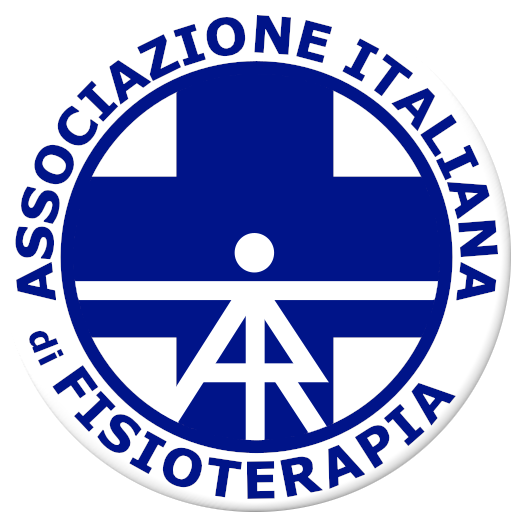“The relevance of psychosocial factors in total hip and knee arthroplasty patients: a scoping review”
“The relevance of psychosocial factors in total hip and knee arthroplasty patients: a scoping review”
Introduction
Total hip arthroplasty (THA) and/or knee (TKA) currently represent the treatment of choice in patients with hip and/or knee osteoarthritis. Despite this, research report a 20% dissatisfaction rate in patients undergoing surgery, indicating that psychosocial factors (anxiety, depression, pain catastrophizing, kinesiophobia) are important prognostic indicators. Identifying these in patients before the surgery could allow us to understand which one of them will have worse results in terms of satisfaction and function and which management strategies to use to modify these outcomes.
Methods
The research was conducted on three of the largest databases on the web (PubMed, PEDro, EMBASE, Cochrane Library), taking into consideration both scientific and gray literature. Studies involving patients diagnosed with hip and/or knee osteoarthritis undergoing primary surgery, investigating the presence of psychosocial factors, carried out in any context and without geographical, temporal and study setting constraints were included. Out of the 4083 identified, only 48 studies met the eligibility criteria, of which most were longitudinal and cross-sectional cohort studies looking at which psychosocial factors influence post-operative pain, function and satisfaction levels and how much they correlate in positive way.
Results
In detail, it seems that the most investigated factors in the research are anxiety, depression and catastrophic pain, the least investigated are self-efficacy and psychological anguish. Most studies investigating anxiety have concluded that patients suffering from postoperative anxiety have higher pain as measured by NPRS, reduced function, and higher postoperative dissatisfaction. Patients with depressive symptoms are those with the poorest outcome for pain relief and satisfaction. Low levels of self-efficacy are among the major indicators of higher levels of pain and lower levels of function. Depression and catastrophizing find a positive correspondence between the presence of these factors in the pre-operative period and both functional and psychological outcomes, with expectations and the level of post-operative satisfaction. Regarding kinesiophobia, the findings state that TSK results correlate significantly with higher pain levels and worse ROM.
Discussion and Conclusion
In this scoping review we have mapped and summarized the literature regarding the influence of psychosocial factors (anxiety, depression, kinesiophobia, pain catastrophizing, fear-avoidance, negative coping and psychological distress) in patients with hip osteoarthritis and/or knee undergoing primary THA and TKA surgery and the role these play in the prognosis of these patients. The influence of psychosocial factors on musculoskeletal problems is now known, numerous studies have recognized how the patient’s beliefs on the nature of pain, fear, pain catastrophizing and self-efficacy are concomitant in these conditions of disability. The goal of this Scoping Review is to summarize scientific research to gain a better understanding of how many psychosocial factors are investigated, which of these are most related to post-intervention outcomes, and which influence patient prognosis.
REFERENCES
Bierke, S. & Petersen, W. Influence of anxiety and pain catastrophizing on the course of pain within the first year after uncomplicated total knee replacement: a prospective study. Arch Orthop Trauma Surg 137, 1735–1742 (2017).
Bierke, S., Häner, M., Karpinski, K., Hees, T. & Petersen, W. Midterm Effect of Mental Factors on Pain, Function, and Patient Satisfaction 5 Years After Uncomplicated Total Knee Arthroplasty. Journal of Arthroplasty 35, 105–111 (2020).
Carriere, J. S. et al. The influence of expectancies on pain and function over time following total knee arthroplasty. Pain Medicine (2022) doi:10.1093/pm/pnac067.
